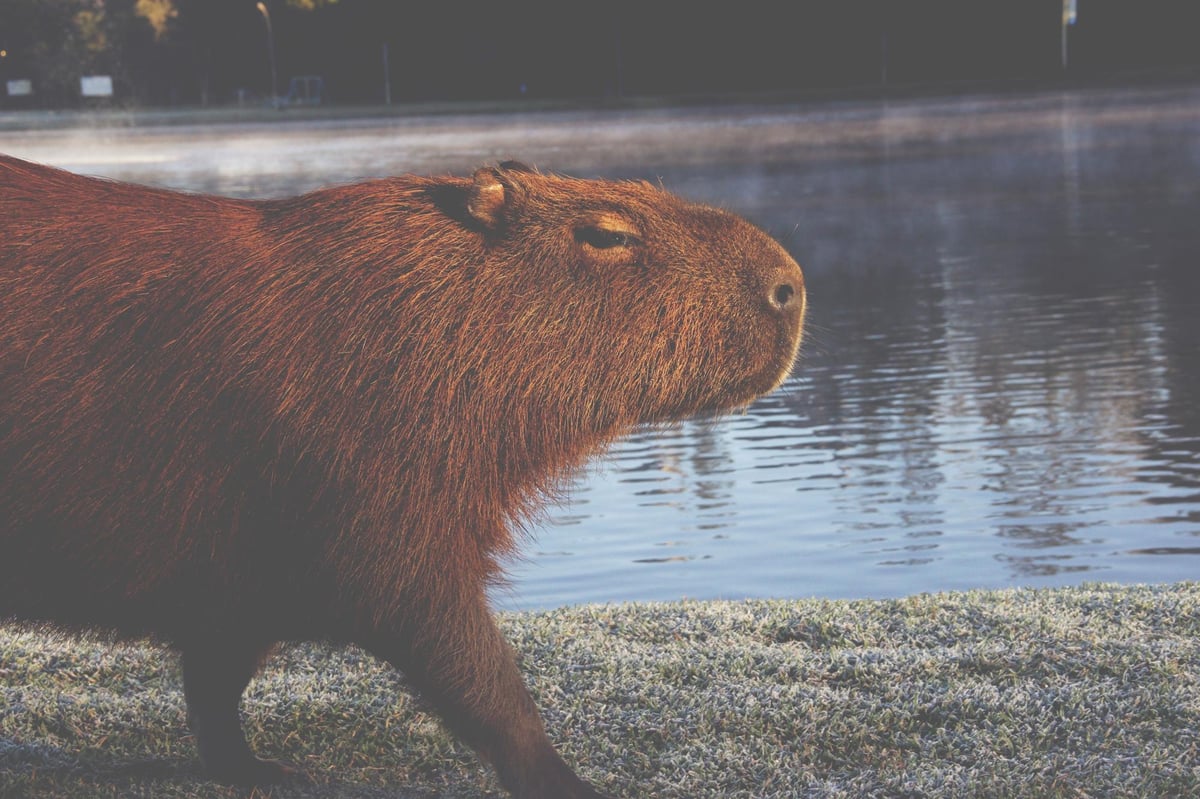How Brexit and the Irish Sea Border Changed the Rules of Animal Transportation: The Case of the South American Capybara
Key Highlights :

The United Kingdom’s withdrawal from the European Union (EU) has caused changes to laws and regulations that have had wide-reaching implications. In one such case, the rule changes brought about by Brexit and the Irish Sea border resulted in two men and a woman appearing in court over offences arising from the transportation and ownership of a South American capybara.
At Lisburn Magistrates’ Court on Tuesday, the animal’s owner, Zeena Foorde (age unknown) admitted keeping a dangerous wild animal without a licence between October 6-24 last year, James Hammond, 34, from the Old Mill Road in Banbridge admitted importing the animal and failing to notify Defra of the animal’s arrival, and 44-year-old Michael Dickinson, from Tudor Link in Carrickfergus, admitted transporting the capybara without authority and failing to present a health certificate for it.
A prosecuting lawyer told the court how Foorde’s vet alerted the authorities when they treated the capybara which, in the end, sadly died, and they were able to trace it back to her. When investigators from the wildlife team spoke to her at her home on Holstein Crescent in Belfast, Foorde confirmed she owned the animal but she was unaware she needed authority and supporting documentation to bring the animal into NI.
From her interviews and subsequent investigations, it transpired that she had approached pet shop owner Dickinson who sourced the capybara in Cambridge and Hammond had acted as a courier to bring the capybara, described as a “large guinea pig”, into the country. Ms Foorde in her interviews stressed that no documentation was required on mainland UK and defence counsel Barry Gibson, appearing for Hammond, confirmed that before Brexit and a change in the rules, the trio of defendants would not have been guilty of anything.
“Mr Hammond is a farmer but he also has an interest in rare breed poultry,” said the barrister, adding that when he brought the capybara across the Irish Sea, “he was operating under the old guidance”. He highlighted that unlike a lot of animal transportation cases, this was not a case where the animal was being smuggled in to be sold on the black market, submitting that “this is all as a result of Brexit and the regulations changing”.
James Toal, acting for Dickinson, revealed that with a background “of business involved in parrots,” he was able to source a capybara in Cambridge which had been imported from Germany and it was he who arranged its transportation from UK to Northern Ireland.
The capybara, the largest rodent in the world and also called carpincho or water hog, inhabits forests and wetlands from Panama to Argentina, growing up to about 4.3 feet long and weighing up to 174 pounds. Capybaras are short-haired brownish rodents with blunt snouts, short legs, small ears, and almost no tail. They are shy and associate in groups along the banks of lakes and rivers.
Imposing two-year conditional discharges on all three defendants, District Judge Rosie Watters said while Dickinson was probably “more culpable” than the other two, “it’s very difficult for me to know what people should’ve done at this stage”.
The case of the capybara has highlighted the need for people to be aware of the changing regulations and laws brought about by Brexit. Before the UK’s withdrawal from the EU, the transportation of animals across the Irish Sea border did not require any documentation or authority. However, in the wake of Brexit, the rules have changed and pet owners and transporters now need to be aware of the new regulations.
Failure to comply with the new laws can lead to serious consequences, as seen in the case of the South American capybara. People who are transporting animals or planning to own a wild animal must ensure they are aware of the laws and regulations in place and have the necessary documentation and authority to do so.
